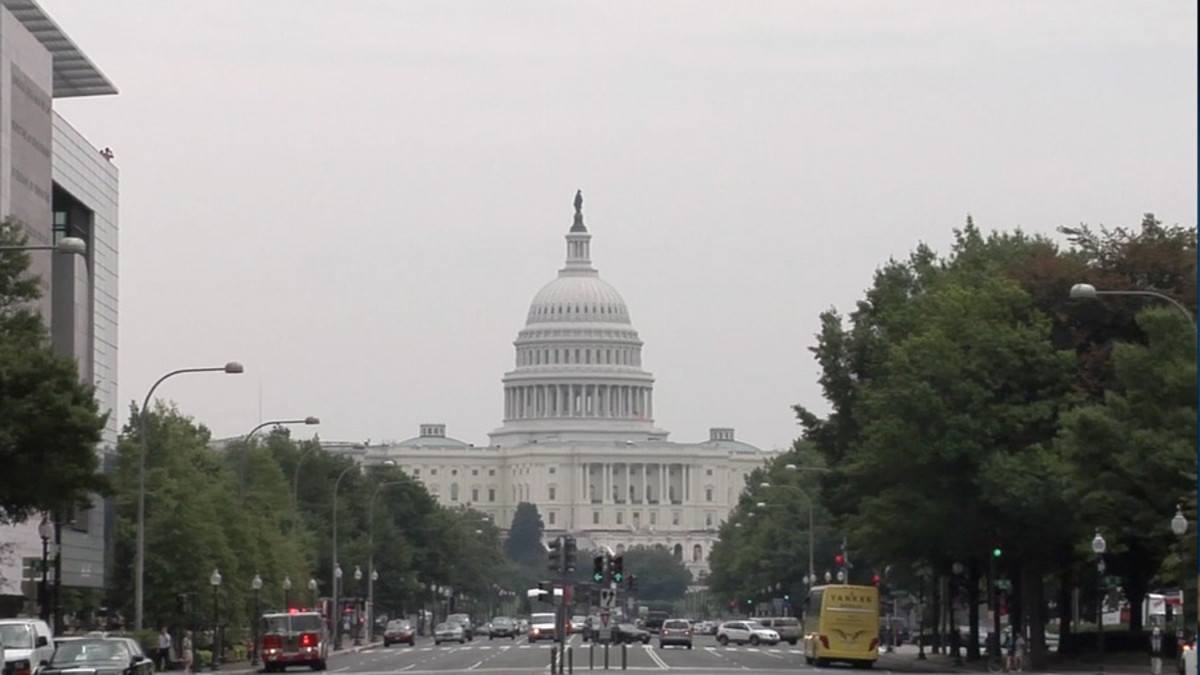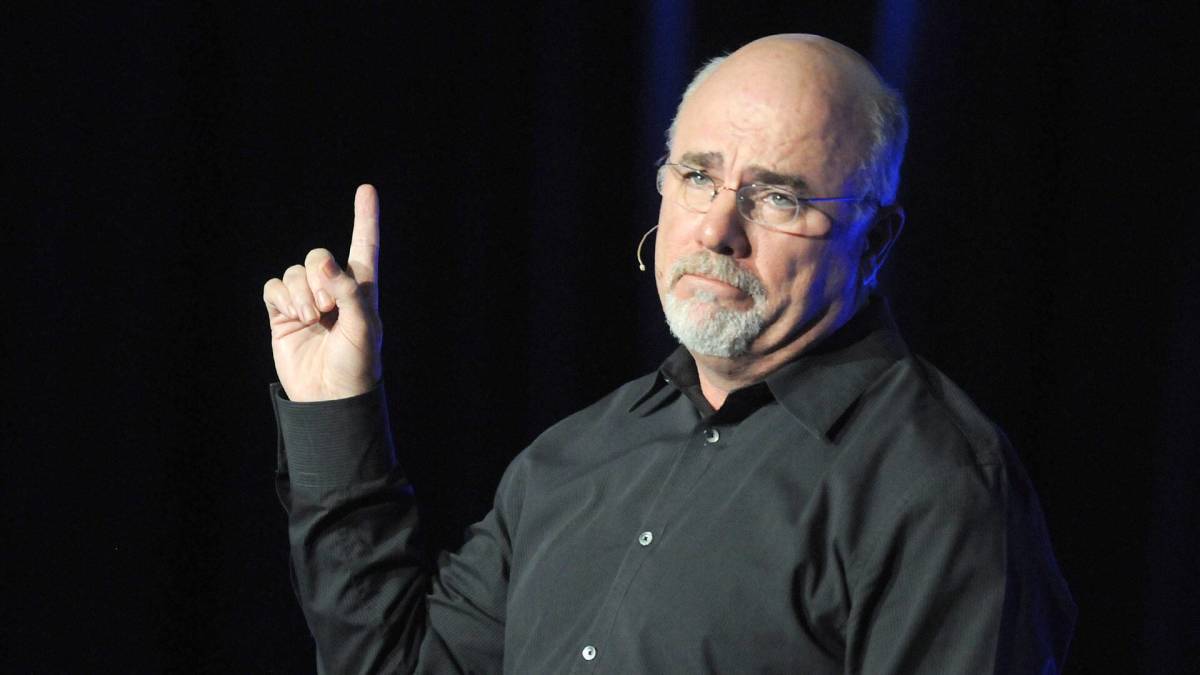This Government Shutdown Is Different: Here's What Analysts, Economists, and Politicos Say Is the Reason
We're just two days into the shutdown, but here's why it could last awhile.

There's word making the rounds that this government shutdown is "different." Buyer beware.
The saying "this time is different" has been used to part inexperienced investors, working people, and speculators from their money for centuries. This time is unlikely to be much different, as the government shuts down for the 21nd time since 1977.
Mind you, the last time we were here, the government was shut for a record 35 days. One might have argued at the time that was different, just in terms of the sheer length of the shutdown. But ask an American: Hard chances they remember it at all.
That's because a government shutdown hasn't historically had much of an impact on the stock market. And even though there are some impacts on the economy, they are generally short-lived; with the negative impacts recovered in due time.
So why are analysts, economists and political experts calling this one "different"? We asked and heard about several converging storms on the horizon, all of which could mean jitters in the economy and markets.
Where We've Been, Where We're Going
The current government shutdown can be whittled down to a single explanation: an unwillingness to negotiate. Republicans need Democrats to vote for the funding bill necessary to reopen the government. Republican leaders like Speaker of the House Mike Johnson also says that there's, "nothing to negotiate."
Related: Government Shutdown Could Last Weeks As Republican Leader Johnson Says There's "Nothing to Negotiate"
That might change in the future, but for now, the battle of big egos means that we could be in for a longer government shutdown than anybody would like, even if it's only a partial shutdown, which comes with no default risk.
John Luke Tyner, Head of Fixed Income and Portfolio Manager at Aptus Advisors, says that Republicans might just hold off until the complete budget is ready for a vote in November, which "could make this shutdown one of the longest" unless Republicans were to "compromise" or a "handful of Democrats flip their stance" to support the temporary funding bill.
Flying in the Dark
The economy isn't what it used to be. Once humming along, the U.S. economy is now a hodgepodge of conflicting economic data. With a government shutdown, some of that data won't be available.
That's because, during the shutdown, we won't be hearing from federal institutions like the Bureau of Labor Statistics (BLS) and Census Bureau. The timing is especially precarious, in part because America's central bank is so reliant on data (namely, about jobs and inflation) to decide what to do with interest rates.
Related: The U.S. Government Just Shut Down: Here's What It Means for the Economy and Stocks
That means that the Fed will have to live with data from the private sector for awhile. SimCorp Managing Director of Investment Decision Research Melissa Brown tells us that the recent ADP report is an example of a report which could "take on higher weight in investors' minds" in the absence of the BLS's own numbers. That report showed job losses in August and July.
But ultimately, the Fed will be operating without its strongest tools going into their October policy meeting, where investors currently expect them to cut interest rates. This is one of the most visible and concerning ingredients in the shutdown.
No Money, No Funding, No Jobs
President Trump and other Republican leaders have indicated that they might seize on the government shutdown to carry out mass layoffs in the federal government, as well as to cut programs or benefits permanently.
"President Trump is using federal employees as leverage by saying that he may make some Reduction in Force changes permanent during the shutdown," says Dr. Todd Belt from The George Washington University's Graduate School of Political Management.
These threats have only escalated since the shutdown, with Trump saying Thursday that there could be firings and other cuts if the shutdown continues. Those layoffs could further weigh on jobs numbers and the economy, which is already in a rocky state.
Further cuts beyond layoffs have also been foreshadowed as the Office of Management and the Budget (OMB) has decided to cancel or withhold funding specifically from Democrat-sympathetic states in 'retaliation.'
OMB Director Russell Vought, who Trump says is "of PROJECT 2025 fame", has previously committed to inflict "pain on the bureaucracy" and right-size the government.
A Lower Trust Society
However, one of the more concerning developments during the shutdown is the continued erosion of trust in government institutions.
Government leadership have hijacked federal resources to blame the opposition for the shutdown, placing the term "DEMOCRAT SHUTDOWN" on government pages and blaming the "RADICAL LEFT" for shutting down the government.
Per NBC, furloughed workers at the Department of Education even observed that their email accounts were "manipulated" to mail "partisan talking points" that blame Democrats for the shutdown.
Critics say that the takeover constitutes a violation of the Hatch Act, a piece of legislation that intends to keep federal institutions non-partisan and protects government employees from retaliation.
However, these problems go to a bigger problem: with tensions between both Republicans and Democrats already stark, alienation only stands to worsen schisms between the two dominant political establishments. It makes it so political parties can no longer trust in institutions altogether, destabilizing the U.S. and its longstanding strength on the global stage.
What Does It Mean?
The markets continue to rise, even with the government shut, but the culmination of all of these factors are something that all investors and Americans should marinate on.
While the Fed's temporary limitations to data might not be existential, throwing on permanent layoffs, government cuts, and a diminished state of accountability in institutions could be factors that create greater anxiety in markets.
Sure, they could be short-term jitters. But there's also reason to consider what the long-term consequences could be, especially as Americans excuse these unusual times as "business as usual."
What's Your Reaction?




















































